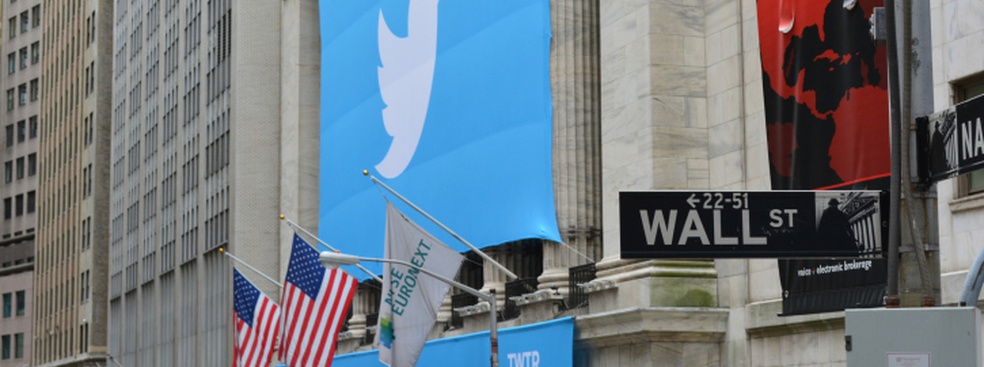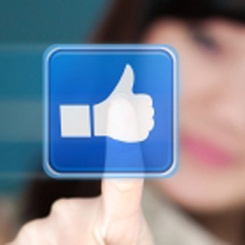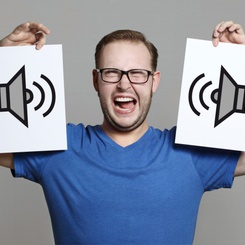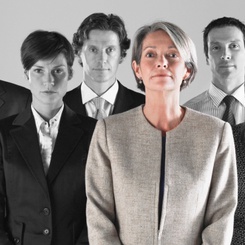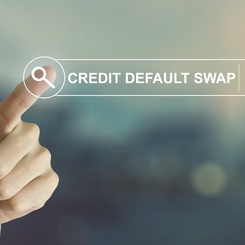In identifying the differences between these two IPOs, would you say that Twitter learned from Facebook’s mistakes?
Twitter tried to avoid Facebook’s mistakes in several ways. First, they limited the number of shares they issued: Facebook issued a lot at once and then let promoters sell during the offering, which didn’t instill confidence in investors. Twitter instead opted to issue new shares during the offering. And with fewer shares being traded, trading on the NYSE didn’t encounter the same technical issues as the Facebook IPO faced on NADAQ.
More importantly, Twitter tried to keep the hype to a minimum: a provision in the US Jobs Act stipulates that companies can file to go public with the SEC (Securities and Exchange Commission) while keeping that information confidential as long as they choose. By keeping the information under wraps until shortly before the offering, Twitter avoided the kind of speculation that plagued the Facebook IPO. Similarly, they managed their price expectations by keeping it low to avoid the price crash that Facebook experienced.
Finally, Twitter picked Goldman Sachs as their lead underwriter for their IPO rather than Morgan Stanley, who traditionally handle tech IPOs, which is a further indication about how the Facebook IPO was perceived.
Do signs point to a social media bubble?
It’s true that under-pricing can point to a bubble. Twitter kept their price expectations low, sold their shares at $26, and then they opened at $44. That means that there was a fairly substantial under-pricing and this is an opportunity loss for the company since they could have issued shares at $44.
This under-pricing occurs because the hype makes valuation difficult, and although Twitter tried to keep this under control, it’s still an issue. Investors are drawn to Twitter because is a well known brand that’s generating a lot of buzz. What they don’t know is how it will generate revenue in the future. This is where Twitter may run into difficulty as they are a much smaller company than Facebook and are still almost entirely untested in this area.
Social media is generating a lot of interest right now among investors. However, I think it’s too early to tell if there is a bubble as this depends on many other factors like the number of companies being listed. For the time being, no other companies have announced their plans to go public, on the heels of the Twitter IPO.
What would be the eventual consequences of a social media bubble?
The first consequence that comes to mind is that investors might lose money. I think the more serious consequences would be on innovation. In many ways, internet companies are at the forefront of innovation. They are the ones who are coming up with new ideas that improve our entire economy and change the way we work. A bubble, where valuations are high, allows companies with not so good ideas to raise capital. However, the crash following a bubble would be a huge setback to the innovation process since investors would be reluctant to fund even good ideas.
